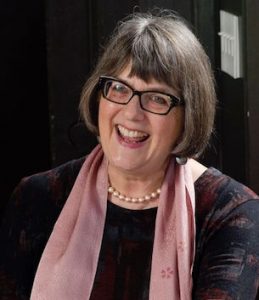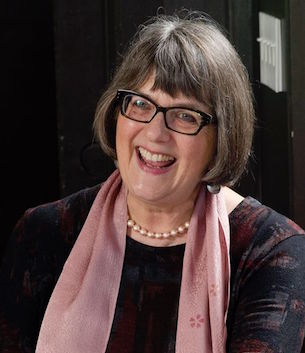
Years later, despite progress being made, I still see my young women students struggling with the church’s demands for conformity to models of ministry designed for straight, married men. Ecclesial structures always reflect the surrounding culture. But by unreflectively accepting a “corporate” model for ordained leadership, and assuming a linear career path, we have capitulated to cultural norms.
Our flawed system of calling, employment, and leadership selection disproportionately impacts women, particularly because caregiving is allowed to become a stumbling block to the exercise of our gifts. If we have children, we struggle to honor both family life and ministry. The relentless round of evening and weekend obligations take their toll, both on priests with partners who are supportive but who work a regular five-day week themselves, and even less sustainably on those who are single mothers. Yet search committees still look for a steady “upward” trajectory of responsibility and compensation throughout the years in which many women embrace non-traditional ministry pathways out of necessity.
At the other end of life, women often find themselves bound by expectations that they will be principal care-givers to elderly relatives. Add to that the double standards about the nature of ageing older professional men are typically seen as wise and experienced; older women (if they are seen at all) are considered “past it” — and it becomes less and less possible for women to achieve that coveted final call, with the salary upon which their future security will depend because of the way our pension fund works.
Jesus calls women to ordained leadership as women, not despite being women. When will we break open our ecclesial structures to reflect this reality?
Susanna Singer is associate professor of ministry development at Church Divinity School of the Pacific in Berkeley, California.


